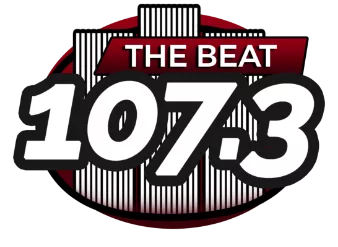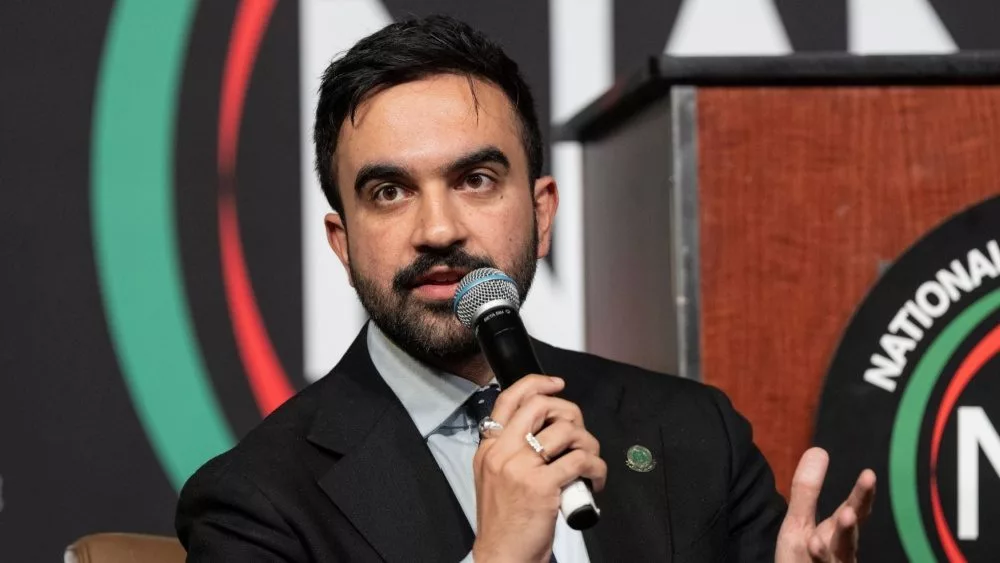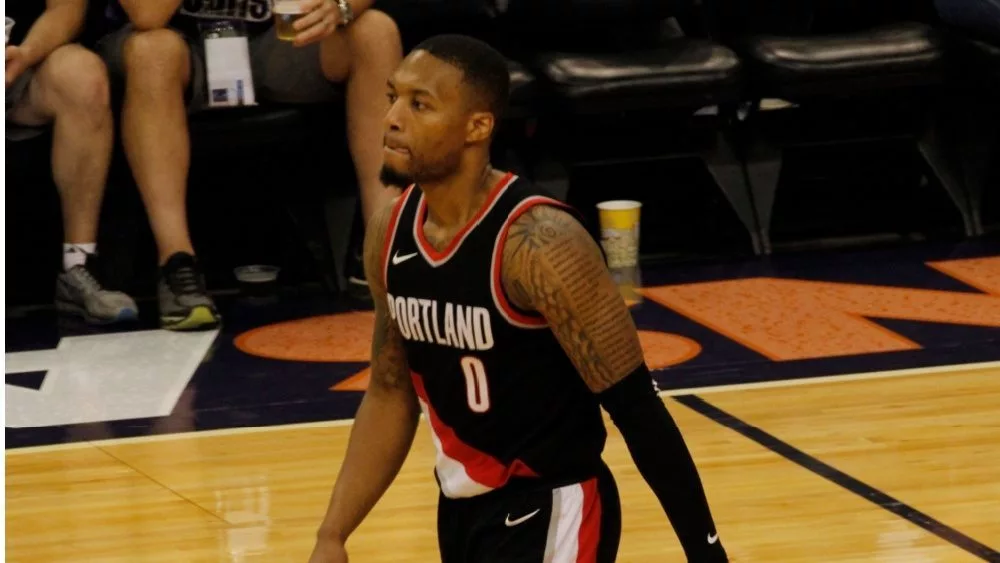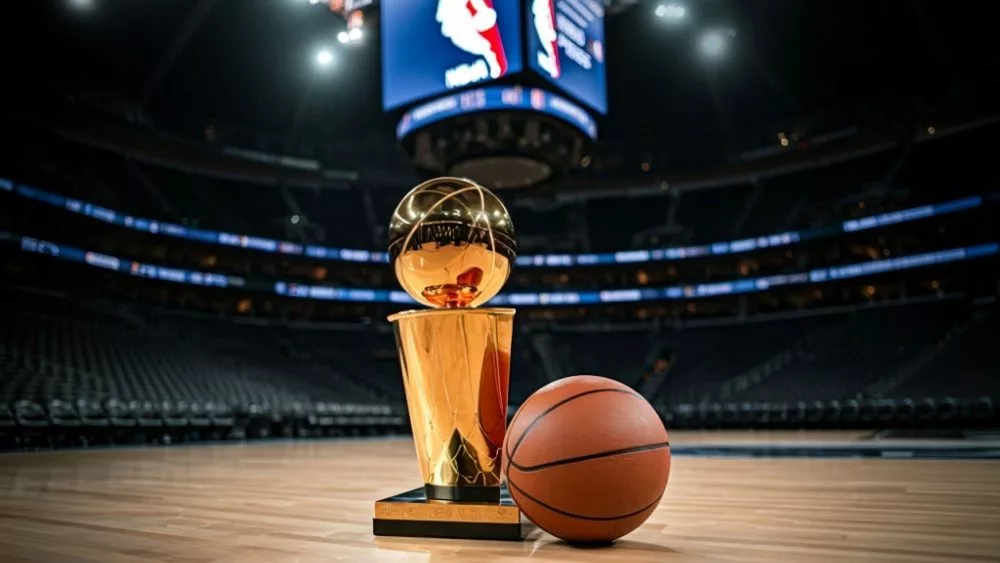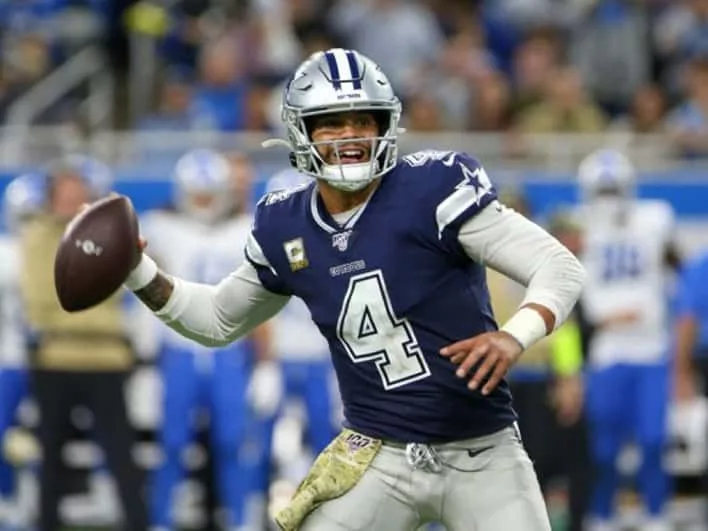
While the Dallas Cowboys and running back Ezekiel Elliot were in a contract standoff over the summer, it wasn’t clear that quarterback Dak Prescott was even the most valuable player in his own offense. But cut to the fall, and the question football fans can reasonably ask is whether Prescott is the most valuable player in the entire league.
Dallas and owner Jerry Jones made signing Elliott their No. 1 priority, appearing to agree with NFL executives who said “it is Elliott who makes Prescott” and not the other way around. Sure, Prescott was “good,” they said, but he “won’t ever be great.” Dak may want to thank the execs for promoting this kind of thinking: It could make him a much richer man.
Dak’s tale of the tape in 2019 is history making. He’s having the greatest season ever by a Cowboys quarterback by yards per passing attempt — not bad when that history includes Hall of Famers Roger Staubach and Troy Aikman as well as Tony Romo — and 19th best overall since the 1970 AFL-NFL merger. Prescott’s Cowboys lead the NFL in passing play success rate this year and actually trail only one team since ESPN began tracking the statistic in 2006: Tom Brady’s 2007 Patriots, which set passing records in an undefeated regular season. And only one team in the period has topped the Cowboys’ 2019 passing success in defeat: Peyton Manning’s Colts in 2010.
When you’re besting Hall of Famers and on par with arguably the two greatest quarterbacks who ever played, you’re making a statement that, yes, you are your team’s most important player.
For now, the major strike against Prescott postseason honors is his team’s win-loss record. How good can he be if his team isn’t dominating? But whatever the reasons for Dallas’s inability to pile up wins, don’t count Prescott among them. The Cowboys’ passing success rate in losses alone would still lead the NFL.
And note that yards per pass attempt dominance is a defining characteristic of winning teams. The 47 quarterback-seasons with over 8.5 yards per attempt since the merger have a combined 444-166-3 record, a .727 win percentage that, for Prescott and the Cowboys, would translate to 11.6 expected wins, not their current pace of 9.6.
What about the executives’ argument that, essentially, Elliott’s running commands the attention of the defense and thus makes it easier for Prescott to pass? One way to check this would be to see how many times teams load the box near the line of scrimmage with eight or more defenders, putting them closer to the action on running plays but making them more susceptible to letting passes soar over their heads.
Of Prescott’s 376 total dropbacks,1 he faced eight or more defenders in the box 20 times, a rate of 5.3 percent. That compares to 689 of 12,114 leaguewide dropbacks, or 5.7 percent. In other words, Prescott has slightly fewer dropbacks than average against the loaded boxes that, theoretically, are easier to throw against.
It seems true that the Cowboys remain more inclined to run their offense through Elliott, perhaps to justify that monster contract, instead of being a pass-dominant team by design. For example, on first-half first downs this season, when the score is less of a factor in play-calling, the Cowboys have dropped back on just 69 out of 158 snaps (43 percent). The NFL average is 51.1 percent. So Dallas has been less aggressive passing on more neutral downs despite Prescott being on pace for one of the most prolific passing seasons in NFL history.
Dallas can’t be blamed for being surprised with Prescott’s transformation into a human highlight reel, with three 400-yard passing games already and another one of 397. A $100 bet in the preseason on Prescott to lead the NFL in passing yards, like he’s currently doing, would pay $10,000. (For Tom Brady, it would be $400.) And Prescott’s passing success rate is more than 10 points better than what he averaged his prior three seasons.
The Cowboys’ salary cap specialists certainly didn’t expect this, or they would have signed Prescott over the summer.2 Dallas was said to have offered Dak $30 million a year, and he reportedly countered with a demand of $40 million per year, which would have made him the game’s highest-paid passer by a considerable margin. No progress on a new deal has been made during the season.
In the meantime, Prescott just keeps piling up numbers (841 passing yards and six touchdowns his past two games). But it is true that he’s benefited from a relatively easy schedule that will get much tougher — starting in Week 12 against New England, the league’s stingiest defense.
If Prescott fares as well against that tougher schedule as he has against the rest of the league so far, it doesn’t seem outrageous for him to become the game’s top-paid quarterback. Maybe Jones could just hand him a blank check. That seemed to be the sentiment of Aikman, who offered five words of advice to his former owner.
“I say pay the man.”
— FIVE THIRTY EIGHT

